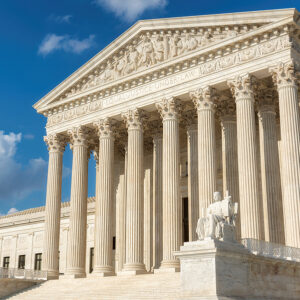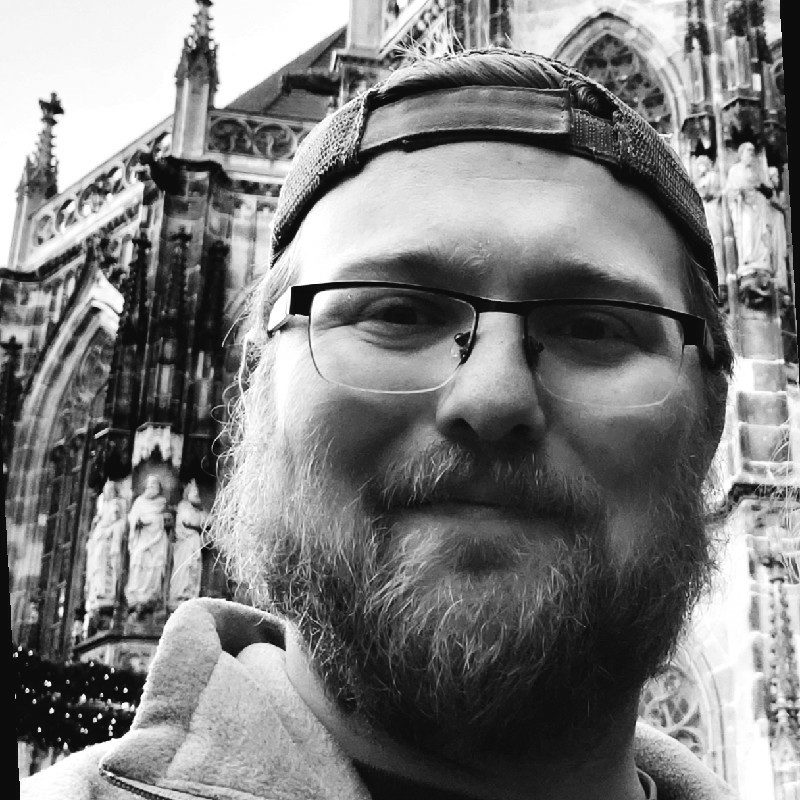Gonzalez v. Google which questions the liability shield built into Section 230 of the Communications Decency Act of 1996, will be heard by the U. S. Supreme Court this term.
Section 230 is the “First Amendment of the internet” and is responsible for the growth of the open internet we know today. Internet companies, like Netflix or your favorite music streaming service, rely on Section 230 liability protections.
Any sort of weakening of the law threatens much more than certain forms of speech online. While the law isn’t perfect and content moderation remains a hot-button issue itself, the application of Section 230 in its existing form has been primarily successful.
Much of the current controversy surrounding the law deals with the bipartisan uproar over Section 230’s indirect devolution of responsibility to large technology companies to regulate speech on private platforms like social media sites and search engines.
Gonzalez v. Google was initially brought by the family of Nohemi Gonzalez. She was killed during the Islamic State terror attack in Paris in 2015. Her family says Google is partly liable because YouTube algorithms promoted videos and other content that propagated the extremist message of the terrorist group. The Supreme Court will determine whether Google is entitled to Section 230 protections when it recommends content to users, even with programmed recommendation algorithms.
The question in Gonzalez focuses heavily on whether algorithms are protected under Section 230. A federal appeals court already ruled that Google is not liable for the content recommended through its algorithms. On the other hand, counsel for the plaintiffs argued that Section 230 only applies to what they call traditional editorial functions like adding and removing content.
Since some users consumed extremist and terrorist content that was uploaded to YouTube by extremists and terrorists, user input to the platform’s algorithms recommended the videos to others. By having such algorithms in place, Google is partially responsible for the spread of terrorist ideologies and for radicalizing individuals through web content.
Nevertheless, Google isn’t the source or publisher of the content in question and the third-party users who did publish content were likely banned from the site and reported to authorities if senior YouTube managers found it necessary to report suspected terrorist activism on the website. Targeting algorithms would chill protected promotional speech and actual user-generated content that is widely consumed. Algorithms respond to user input and deliver content and information that might correspond to the user’s interests. For example, algorithms recommend what people should buy next on Amazon or who to follow on social media.
Yes, algorithms are in no way perfect either but their function enhances the user experience for billions of users and helps brands. What the high court taking up Gonzalez means could be an even more disastrous result for online speech as a whole. After the overturning of Roe v. Wade, there has been a concern among human rights groups that certain forms of speech could be eliminated from the web. Of course, I allude to the accessibility of abortion information online given the uptick in efforts at the state level to prohibit access to such vital information.
Any weakening of Section 230, as already mentioned, would threaten free speech on the internet and could lead to more harm. The Supreme Court should tread carefully with Gonzalez and any other Section 230 cases they may take up this term. One thing that concerns me the most is the court’s lack of hesitation to buck decades of jurisprudence. The overturning of Roe set back reproductive and privacy rights by over five decades. Section 230 has been on the law books since 1996. The law has been used to encourage and protect the rapid expansion of free speech on the world wide web. Undoing that would be extremely authoritarian and the loss of Section 230 would harm everyone. It doesn’t matter if you are a conservative or a liberal. Free speech on the internet will become even more artificial and would fall under the so-called protection of the government. Last I checked the First Amendment protects from such government interference.


